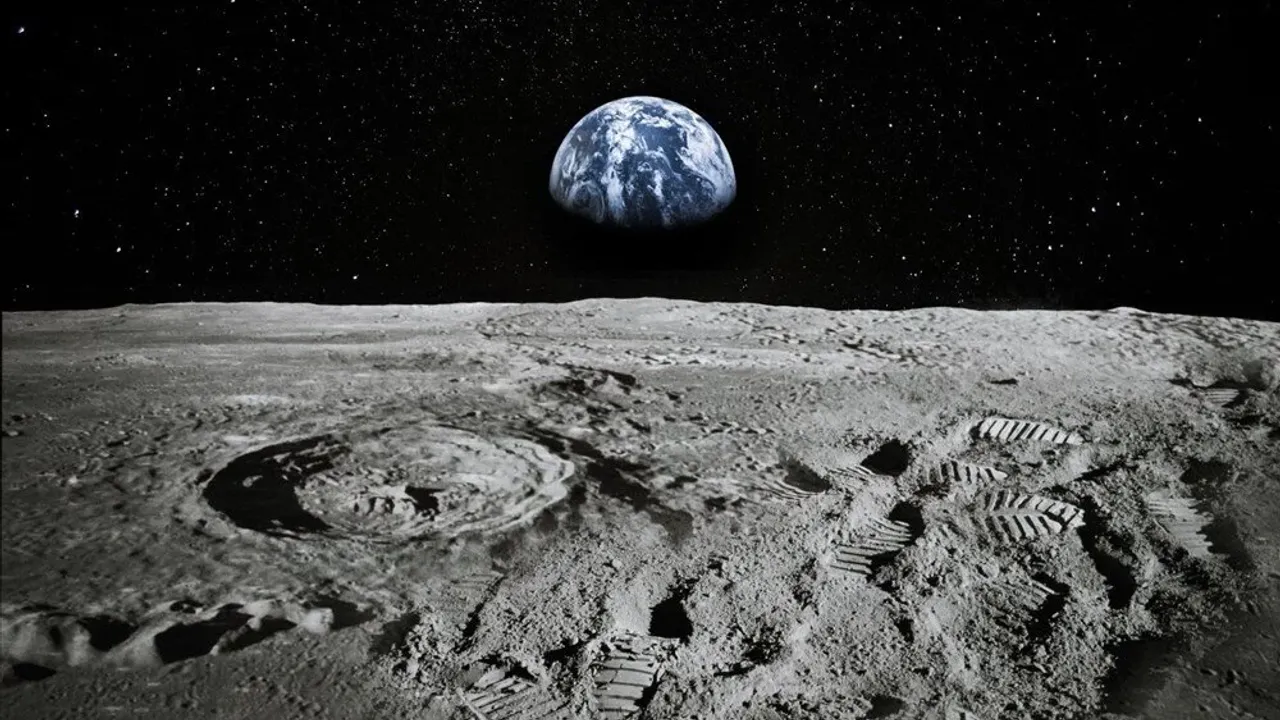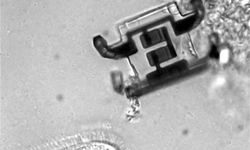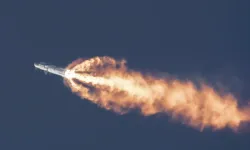The new technique involves extracting water from the mineral-rich soil of the moon, which has been previously considered a challenging endeavor due to the harsh lunar environment. Researchers have developed a process that leverages the unique properties of moon soil to produce water, potentially providing a crucial resource for future lunar missions and establishing a sustainable presence on the moon.
This method relies on advanced technology that can effectively extract and purify water from the lunar regolith. The process has been designed to overcome the difficulties associated with the moon's extreme conditions, including its low gravity and lack of atmospheric protection. By harnessing the resources available on the moon, this technique could significantly reduce the need to transport water from Earth, thereby lowering the cost and logistical challenges of space missions.
The implications of this development are profound. If successful, it could pave the way for more ambitious space exploration projects, including long-term lunar bases and manned missions to Mars. Additionally, the ability to produce water from moon soil could support future human activities on the lunar surface, such as agriculture and habitat construction, making it a key component of sustainable space colonization.
This advancement is the result of extensive research and collaboration between scientists, engineers, and space agencies. It represents a significant step forward in our ability to utilize extraterrestrial resources and addresses one of the critical challenges of space exploration: ensuring a reliable supply of water.
As the technology continues to evolve, it will be closely monitored and tested to validate its effectiveness and feasibility. The success of this method could mark a new era in space exploration, where the moon and other celestial bodies become vital sources of resources for human endeavors beyond Earth.















